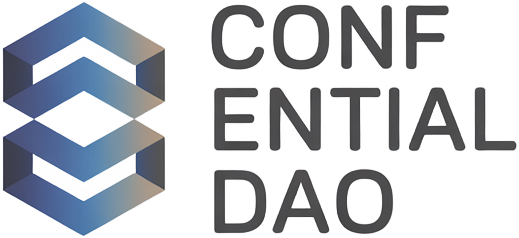
Privacy in decentralized governance is no longer a theoretical goal – it’s an operational necessity for DAOs navigating complex regulatory, reputational, and security landscapes. As decentralized communities scale, the demand for private DAO governance solutions has surged, with zero-knowledge proofs (ZKPs) at the forefront of this transformation. ZKPs enable members to prove statements about their identity or actions without revealing sensitive details, forging a path toward truly confidential voting and proposal systems within DAOs.

The Role of Zero-Knowledge Proofs in DAO Privacy
At its core, a zero-knowledge proof allows one party (the prover) to convince another (the verifier) that a statement is true without exposing any underlying information. In the context of DAOs, this translates to mechanisms where members can verify eligibility or submit votes without ever disclosing their identity or voting choice. This is not just theoretical – projects like CIL Private DAO and zkVote are already implementing such confidential voting blockchain protocols.
“Zero-knowledge proofs refer to cryptographic mechanisms by which an actor is able to prove knowledge of some fact without disclosing that fact. ”
Key Applications: Beyond Anonymous Voting
Top 4 Applications of ZKPs in Private DAO Governance
-
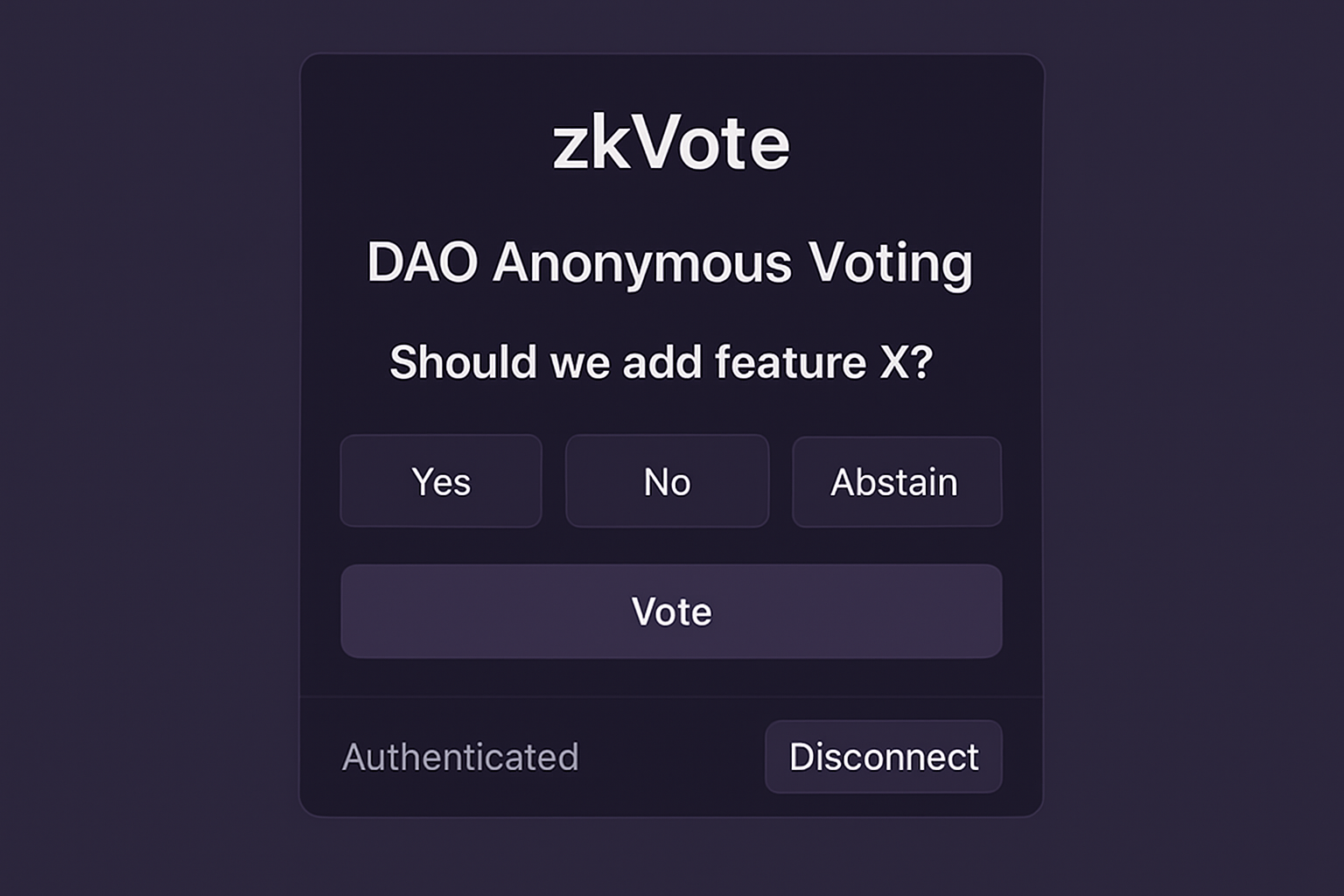
Anonymous Voting: ZKPs empower DAO members to prove eligibility and cast votes without revealing their identity or voting choice, ensuring privacy and mitigating risks like vote buying or intimidation. This approach is exemplified by projects like zkVote, which enables fully private voting within DAOs.
-

Private Delegation: Protocols such as Kite leverage ZKPs to allow DAO members to delegate, revoke, or re-delegate voting power without exposing delegate relationships, preserving both privacy and flexibility in governance.
-
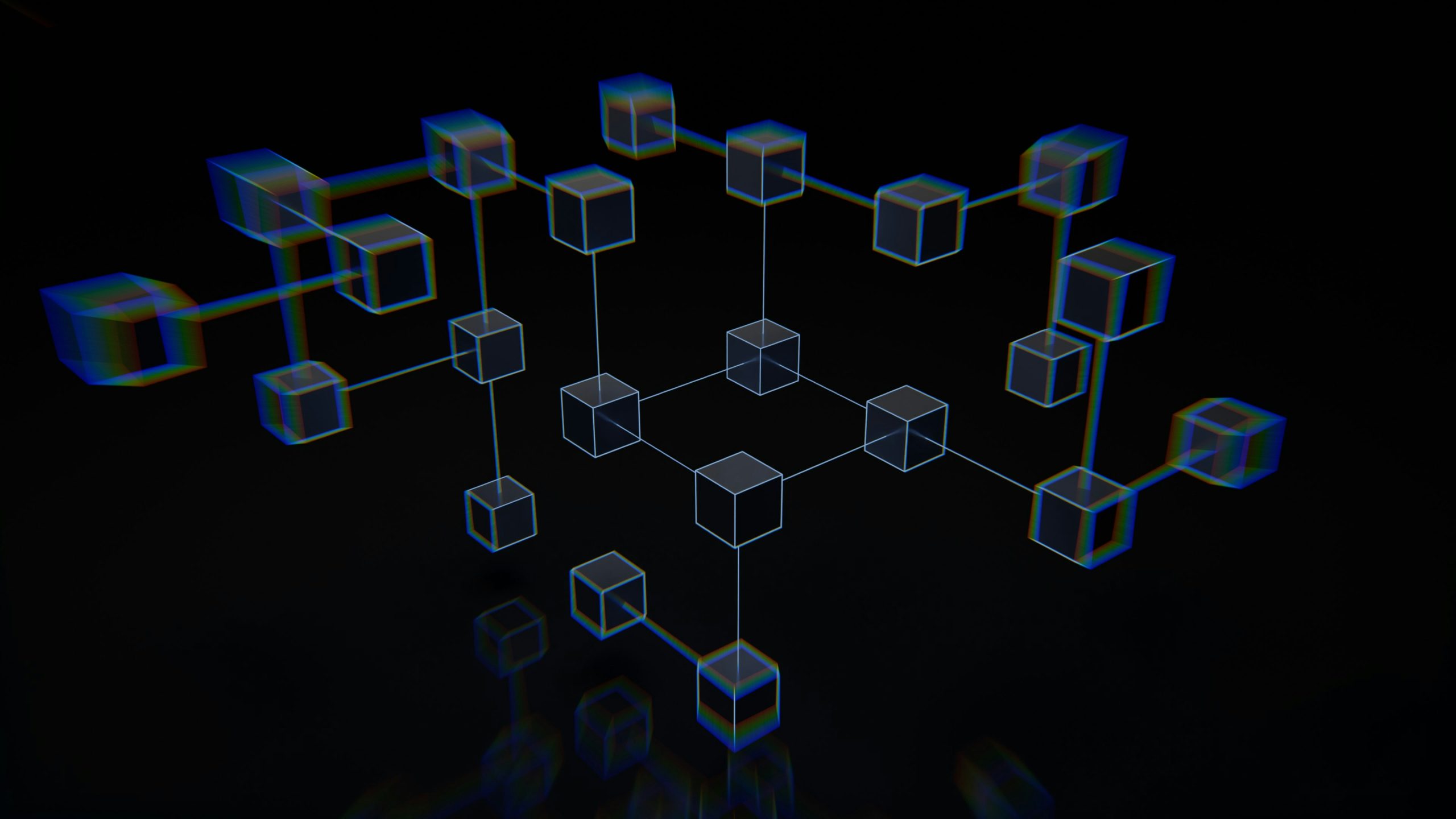
Confidential Proposal Creation: ZKPs enable DAO members to submit proposals anonymously, ensuring that governance decisions are evaluated on merit rather than proposers’ identities. This fosters unbiased participation and reduces potential social pressures.
-
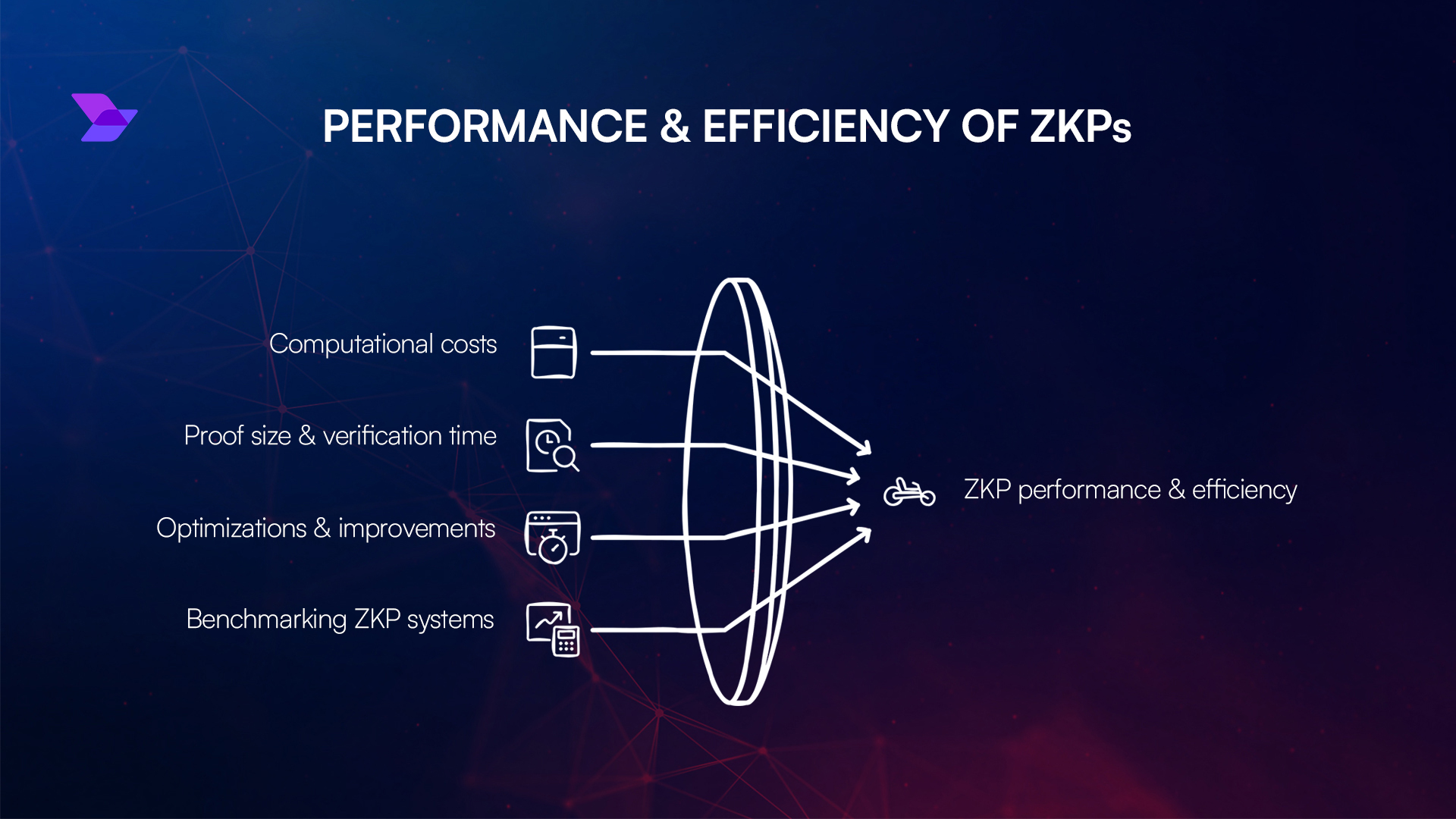
Secure Treasury Management: DAOs can use ZKPs to execute treasury transactions confidentially, proving the validity of actions (such as payments or transfers) without exposing sensitive financial details. The CIL Private DAO demonstrates this approach, enhancing both security and transparency.
The transformative power of ZKPs extends well beyond simple vote privacy:
- Anonymous Voting: Using zk-SNARKs or similar ZKP variants, DAOs can allow members to cast votes that are verifiably counted while keeping voter identities and choices secret. This thwarts vote buying and coercion, strengthening the integrity of decentralized decision-making.
- Private Delegation: Protocols like Kite enable private delegation relationships. Members can delegate or revoke voting power without exposing their networks – a crucial step for mitigating social engineering risks.
- Confidential Proposal Creation: ZKPs allow proposals to be submitted and discussed anonymously within the DAO framework, shifting attention from personalities to the merits of each idea.
- Secure Treasury Management: With ZKP-enabled smart contracts, treasury actions can be validated on-chain while keeping transaction details shielded from public view.
Tactical Considerations for Implementing ZKP DAO Solutions
The real challenge lies not just in adopting zero-knowledge proofs but doing so at scale without sacrificing user experience or operational efficiency. Here are some critical factors that every organization considering ZKP DAO implementation must address:
- Smart Contract Integration: Embedding robust ZKP verification logic into DAO smart contracts is essential for trustless validation of votes and proposals. This ensures no sensitive data ever leaves the cryptographic envelope.
- User Experience Design: The cryptography powering confidential voting blockchain systems should remain invisible to end-users. Intuitive interfaces and seamless onboarding are vital for adoption beyond technically savvy participants.
- Performance Optimization: Generating and verifying zero-knowledge proofs can strain network resources. Leveraging recent advances in zk-SNARKs efficiency is crucial for maintaining smooth governance cycles.
The market context underscores why these considerations matter now more than ever: as regulatory scrutiny increases and tokenized assets proliferate on-chain, only those DAOs that prioritize privacy will earn long-term trust from both participants and external stakeholders. The next section will dive deeper into real-world implementations and best practices drawn from active projects pushing the boundaries of decentralized privacy solutions.
Real-World Implementations: Lessons from the Frontlines
Several pioneering DAOs are already demonstrating what’s possible when zero-knowledge proofs in DAOs move from theory to production. The CIL Private DAO stands out for its open membership model and fully anonymous voting system, which leverages ZKPs to validate participation without ever exposing individual identities. This approach has not only broadened inclusivity but also set a new standard for secure, private governance.
Similarly, the zkVote project enables DAOs to run confidential ballots where both proposals and votes remain shielded. By using advanced cryptographic primitives, zkVote ensures that while all votes are counted accurately, neither the voter’s identity nor their choice is revealed to the network or even to DAO administrators.
These real-world case studies illustrate several best practices:
- Prioritize modular architecture: Decouple ZKP logic from core governance contracts so that privacy features can evolve independently as cryptographic research advances.
- Continuous audits and peer review: Given the complexity of ZKP circuits, regular code audits and engagement with external researchers are essential for maintaining robust security guarantees.
- Community-driven UX improvements: Solicit ongoing feedback from users to refine interfaces, especially onboarding flows, to ensure privacy doesn’t come at the cost of usability.
Strategic Impact: Why Confidentiality Is Now Table Stakes
The strategic case for ZKP DAO implementation is only growing stronger as DAOs diversify into sensitive sectors like real-world asset tokenization and decentralized finance. Public voting records can be weaponized, whether by malicious actors seeking to manipulate outcomes or by regulators scrutinizing participant behavior. Confidential voting blockchain protocols are no longer an edge-case feature; they are rapidly becoming a baseline expectation among sophisticated users and institutional partners alike.
This shift is reinforced by a swelling body of research and industry consensus. As noted in recent analysis (arxiv. org), protocols such as Kite offer practical blueprints for implementing private delegation at scale. Meanwhile, enterprise adoption of ZKPs highlights their dual role in balancing compliance requirements with operational confidentiality (Medium · Lauren Chaloupka).
Key Challenges DAOs Face with Zero-Knowledge Proofs
-
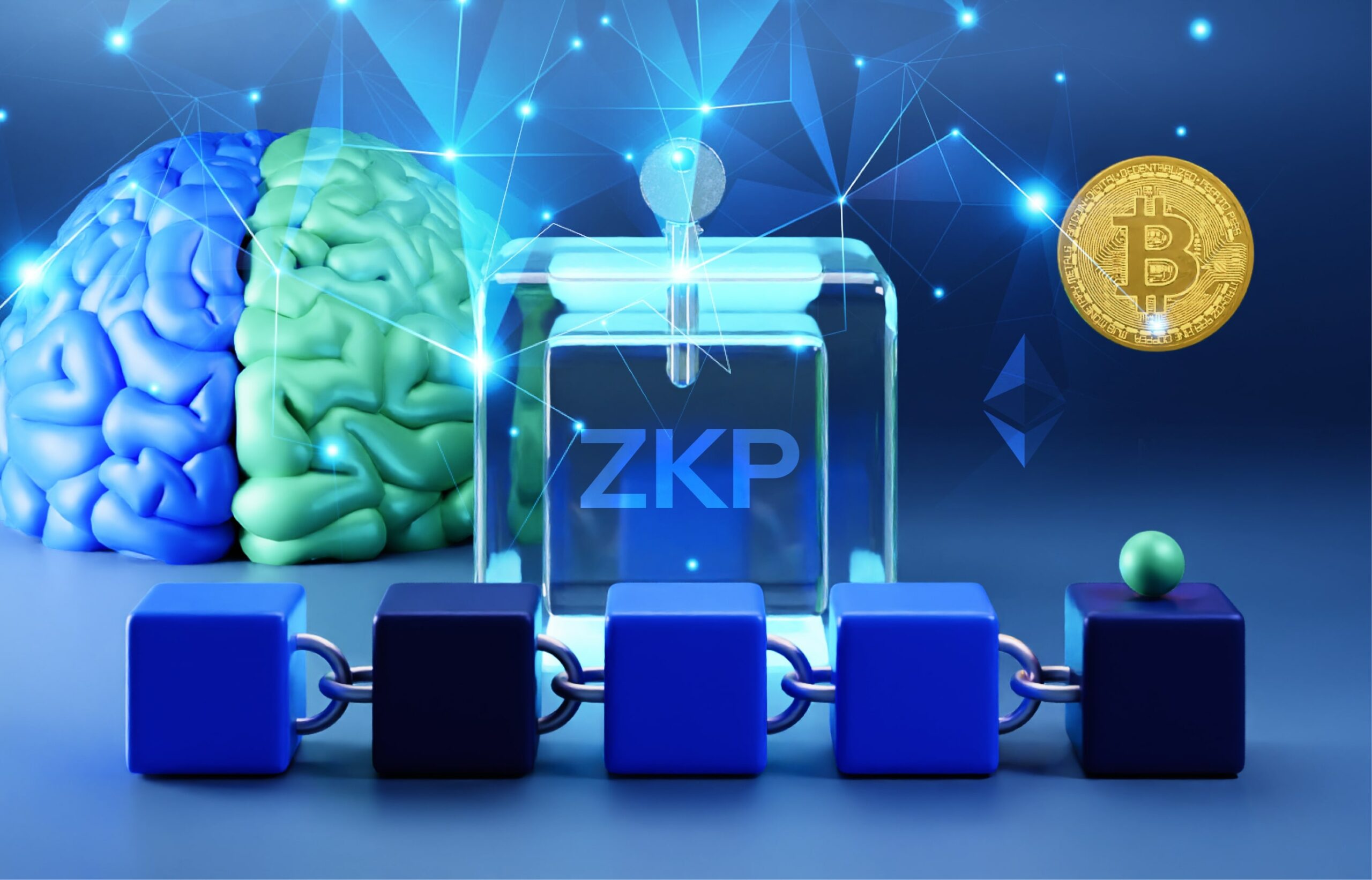
Complexity of Integration: Implementing zero-knowledge proofs (ZKPs) into DAO smart contracts requires specialized cryptographic expertise and careful auditing, making deployment technically challenging for most organizations.
-
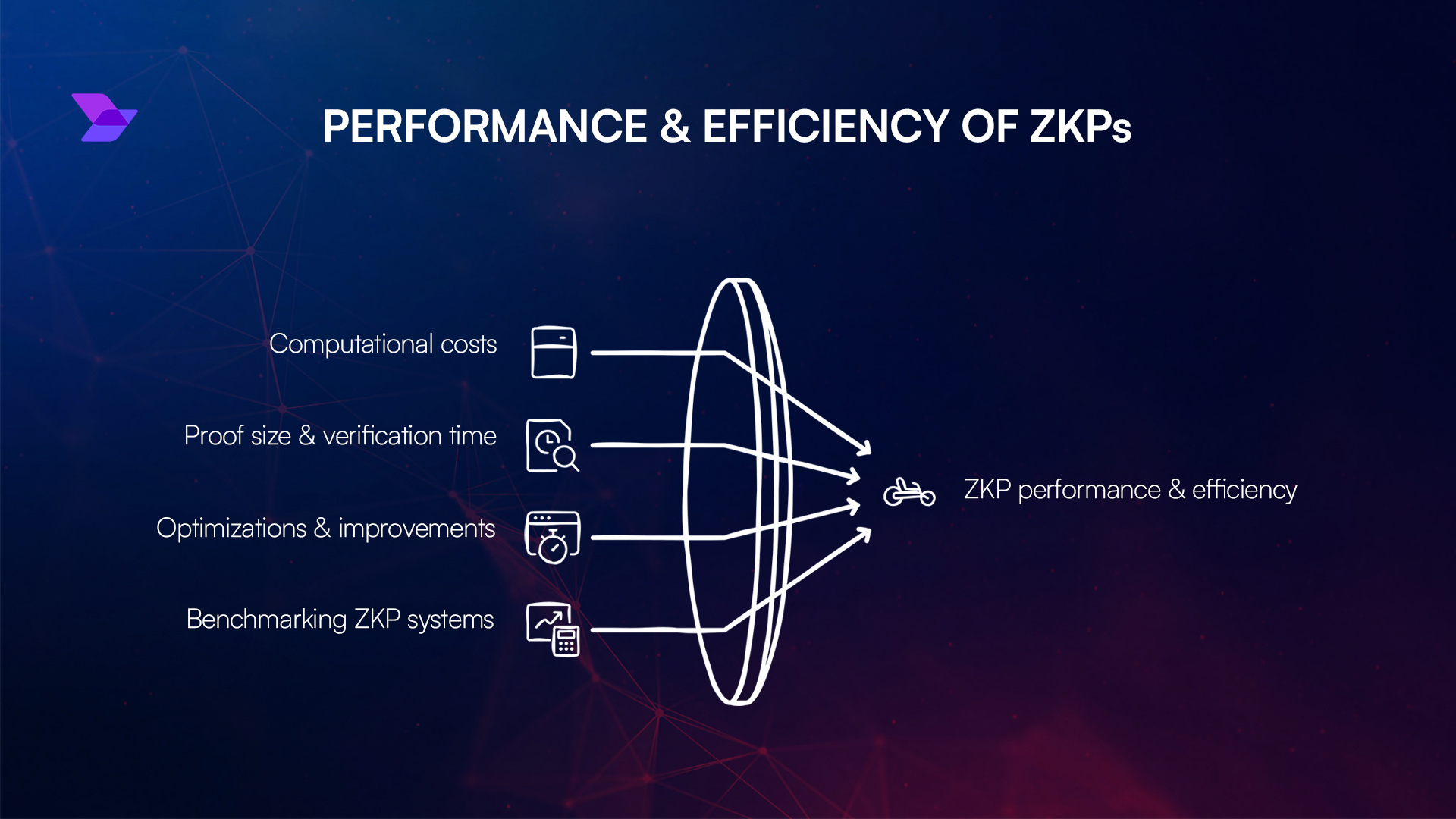
High Computational Costs: Generating and verifying ZKPs can be resource-intensive, leading to increased gas fees and slower transaction times, especially on networks like Ethereum.
-
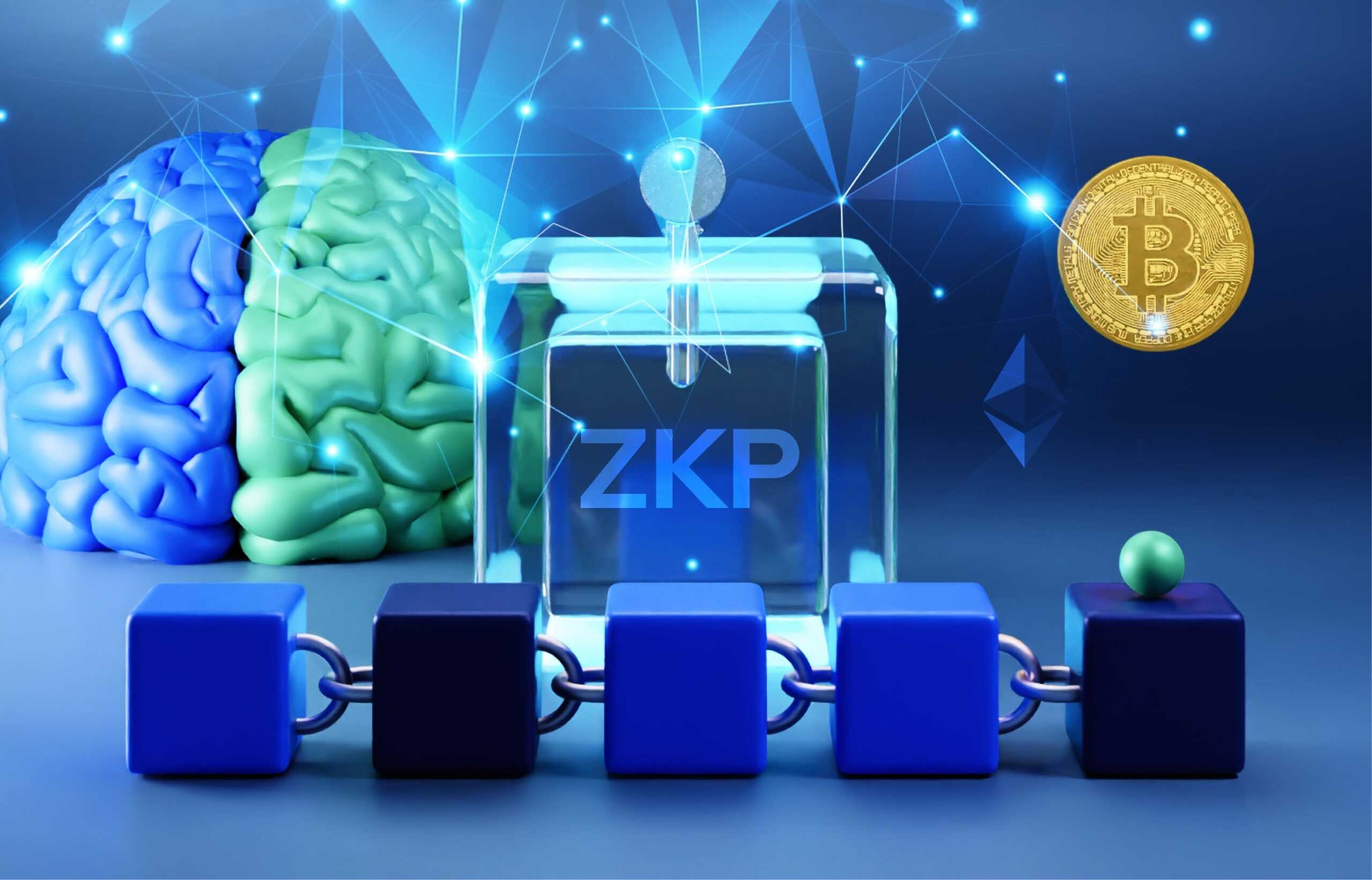
User Experience Barriers: ZKP-based governance often involves unfamiliar workflows and technical jargon, which can deter participation from non-technical DAO members unless interfaces are highly intuitive.
-
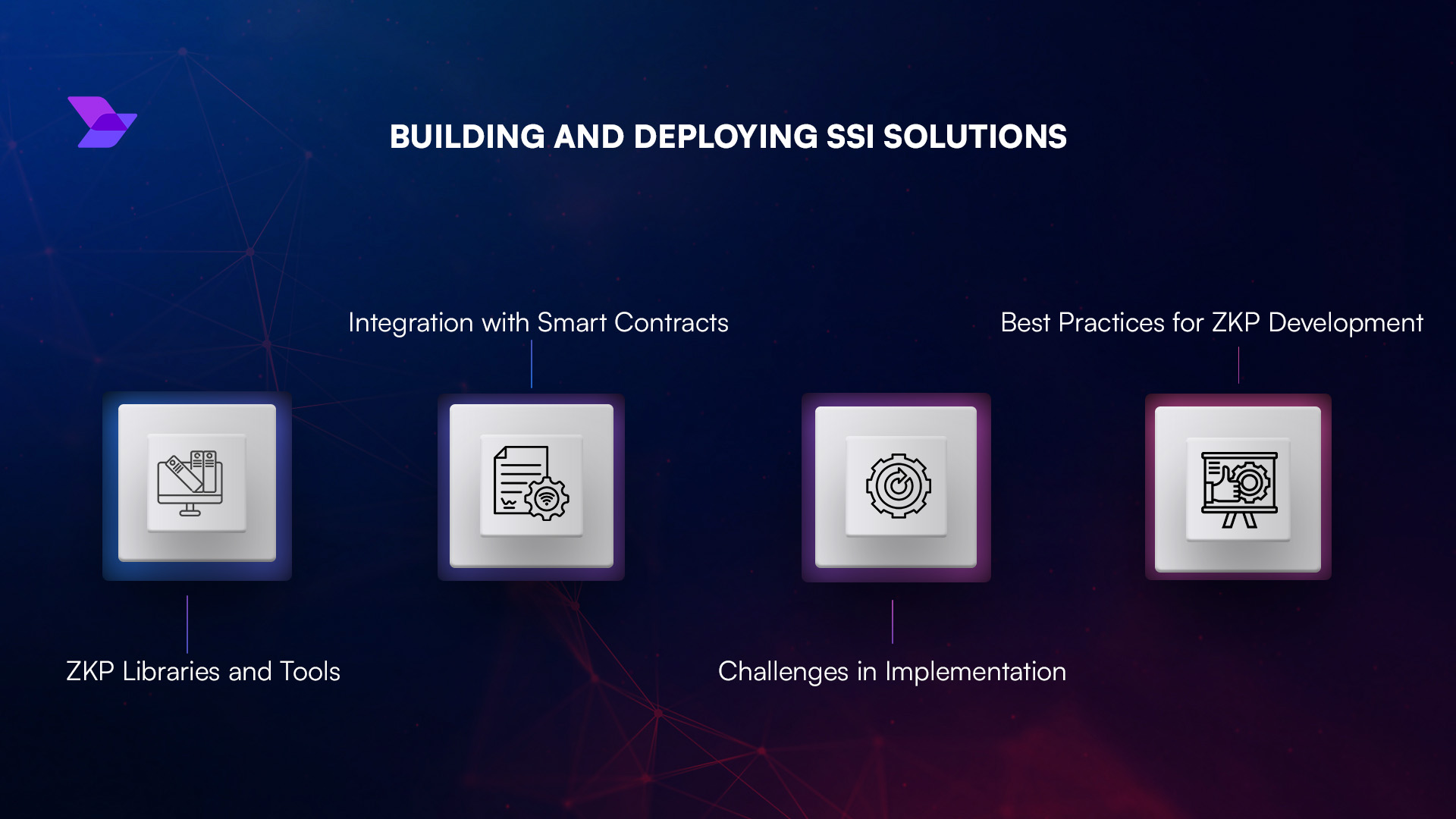
Limited Tooling and Infrastructure: The ecosystem for ZKP development, debugging, and deployment is still maturing, with few robust, user-friendly libraries and platforms available for DAOs.
-
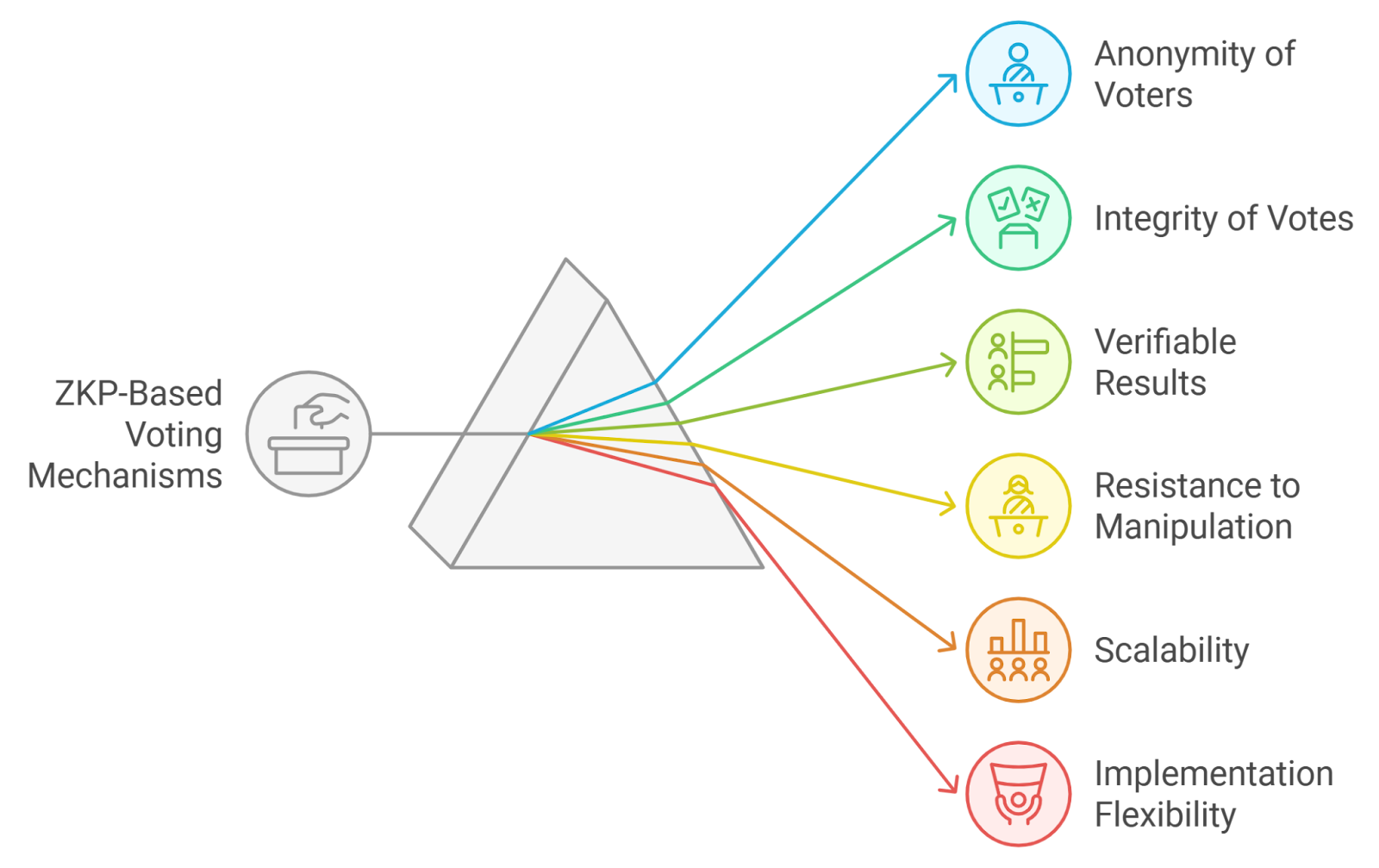
On-chain Privacy vs. Transparency: While ZKPs enhance privacy, they can complicate regulatory compliance and community trust, as some stakeholders may be wary of reduced on-chain transparency.
-
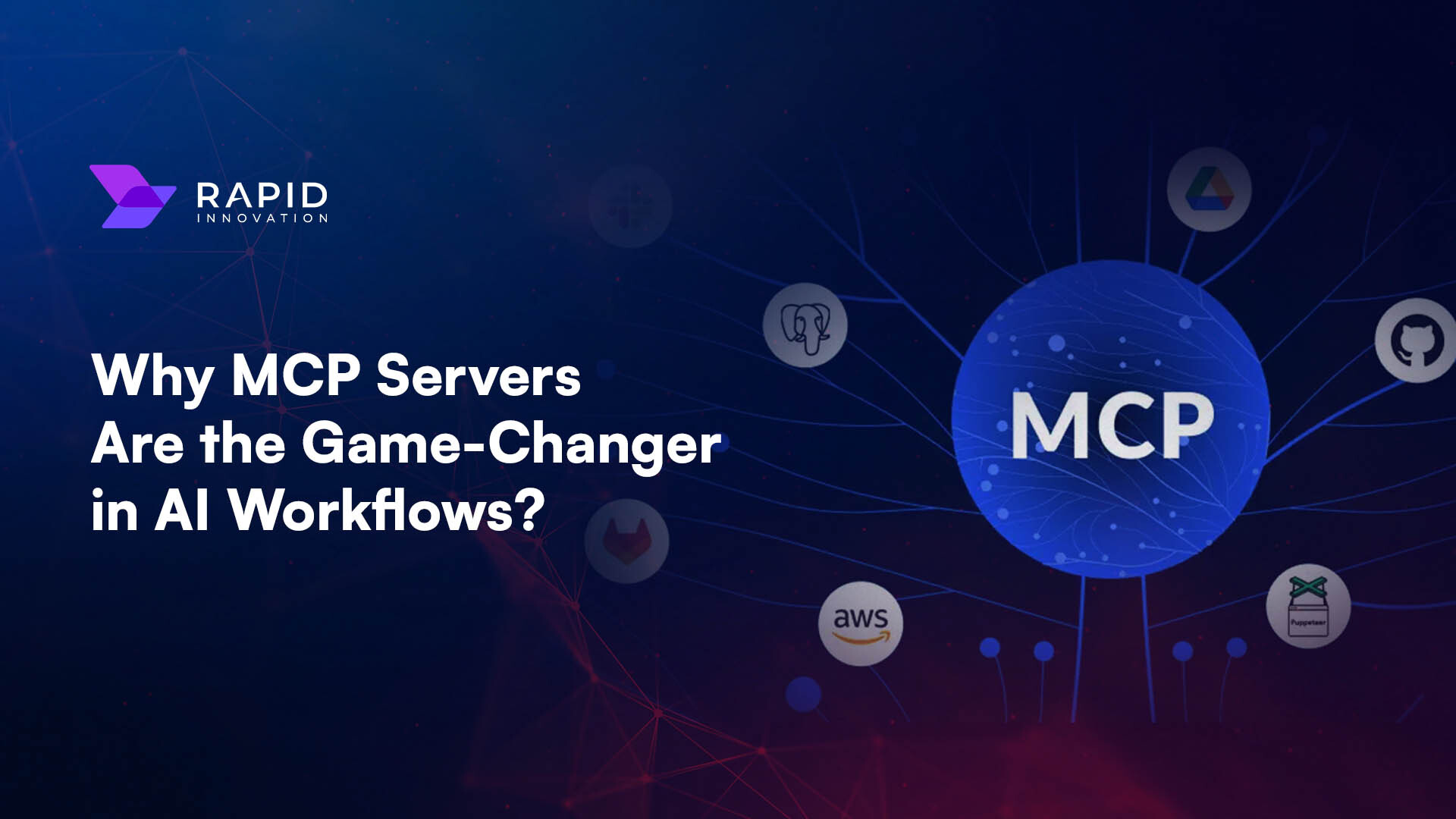
Interoperability Challenges: Integrating ZKPs with existing DAO frameworks and cross-chain governance tools can be difficult, limiting seamless adoption across diverse blockchain platforms.
Navigating Challenges and Charting the Future
No privacy solution is without trade-offs. Zero-knowledge proof systems require careful calibration between transparency, efficiency, and security. Performance bottlenecks can arise if proof generation becomes too computationally heavy; user education remains a persistent hurdle; and interoperability with legacy DAO tooling must be considered from day one.
The good news: ongoing advances in cryptography, especially around zk-SNARKs efficiency, are rapidly reducing these barriers. Forward-looking DAOs are already experimenting with hybrid models that combine public auditability with selective disclosure, giving communities fine-grained control over what stays private versus what is made public.
The next wave of decentralized privacy solutions will be defined by adaptability. As more organizations adopt confidential voting blockchain protocols, expect further innovation at both the technical and governance layers. For builders and participants alike, now is the time to invest in privacy-first architectures, because tomorrow’s most trusted DAOs will be those that treat confidentiality not as an afterthought but as a foundational principle.
